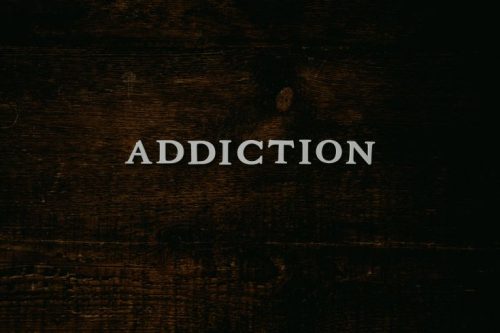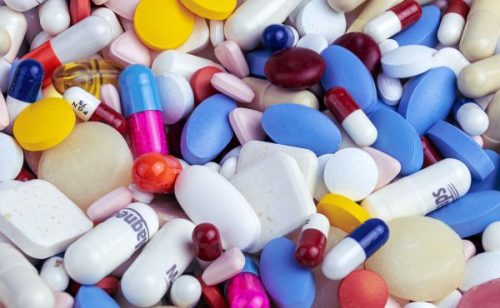Addiction is a topic that is often misunderstood. There are many different types of addiction, and it can be hard to know which one you or a loved one may be struggling with. In this article, we will discuss the difference between an alcohol addiction and a drug addiction. We will also talk about the different types of therapy available for those who are addicted to drugs or alcohol.

1) What is Drug Addiction?
Drug addiction is a serious problem in the United States. Every day, people lose their lives to drug addiction. In addition, drug addiction causes a great deal of pain and suffering for both the addict and his or her loved ones. Drug addiction can lead to job loss, financial ruin, and even criminal activity.
What is drug addiction? Drug addiction is a condition that results when a person becomes addicted to drugs. Drugs are substances that change the way the brain works. They can cause intense cravings and compulsive drug-seeking behavior. When someone becomes addicted to drugs, he or she will continue using them despite negative consequences.
2) What Treatments are Available for Drug Addiction?
There are many different types of treatment available for those who are struggling with drug addiction. The most common treatments include counseling, medication therapy, and behavioral therapies. Counseling is a type of therapy that helps addicts understand why they use drugs and how to resist temptation. Medication therapy involves the use of medications to help addicts overcome their cravings for drugs. Behavioral therapies teach addicts new skills that will help them stay sober in the long run. There are also several rehab programs available for those who need more intensive treatment.
These treatments should be covered by your insurance policy. For example, GEHA drug rehab plans usually cover all types of drug addiction treatments. However, it is important to check with your insurance provider before beginning any type of treatment.

3) What is Alcohol Addiction?
Alcohol addiction, or alcoholism, is a substance use disorder in which a person becomes physically and psychologically dependent on alcohol. It is characterized by uncontrollable cravings for alcohol, an inability to limit drinking despite the negative consequences, and physical tolerance of increased amounts of alcohol. People with alcohol addiction may experience withdrawal symptoms when they try to stop drinking.
4) What Treatments are Available for Alcohol Addiction?
Treatments for alcohol addiction vary, depending on the individual and their needs. Counseling and therapy can help people with alcohol addiction understand why they drink and how to better manage their drinking habits. However, many people with alcohol addiction find that medications such as naltrexone and acamprosate help to reduce cravings and maintain moderation. Treatment for drug addiction is similarly tailored to the individual, featuring cognitive-behavioral therapies and medications aimed at helping people manage their cravings and learn healthier coping mechanisms. In some cases, detoxification may be necessary to break the addiction.
When it comes to addiction, it is important to understand the difference between an alcohol addiction and a drug addiction. Both types of addictions can be treated with counseling, therapy, medication, and other methods. It is important to consult with your doctor or insurance plan to find out what treatments are best for your needs.






